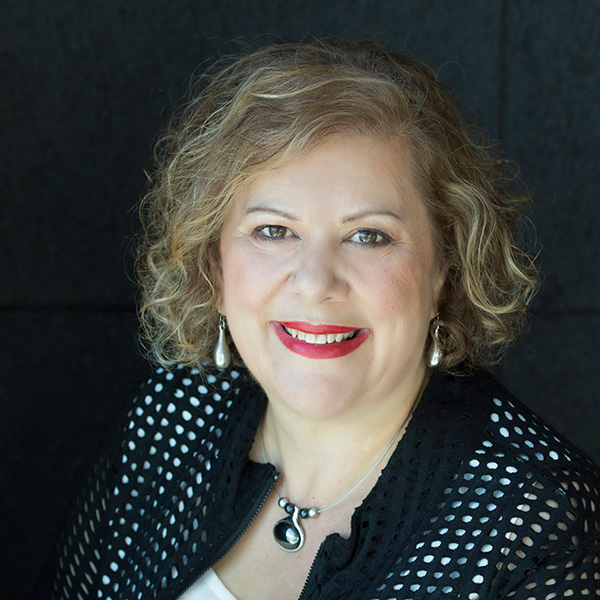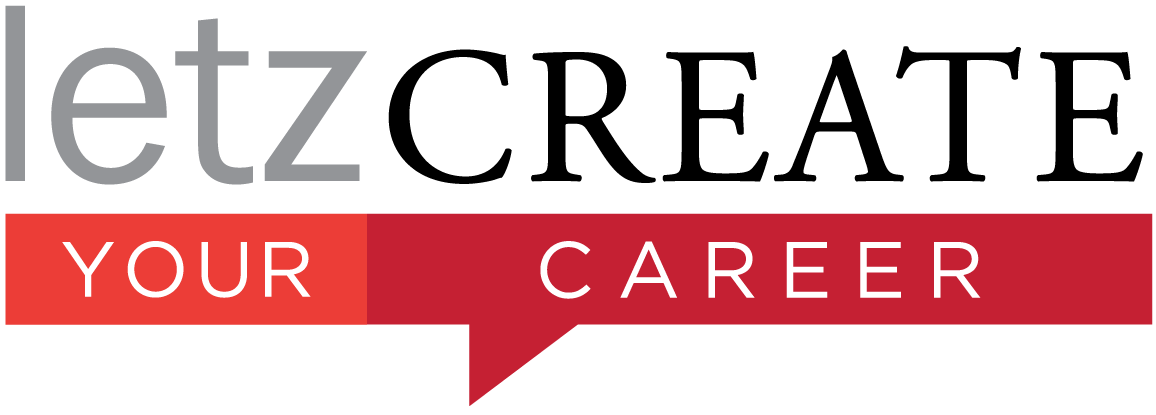The job search landscape has changed dramatically, particularly in the last few years and post pandemic. Gone are the days where you would update your resume, send it off and wait for your phone to ring. While your next career opportunity may come through a number of different channels, there are steps you can take to ensure you get your next job faster!
The thought of actively looking for another job can be daunting. So often people wait until a redundancy before they make a change, because it’s been forced upon them. While it may be easier to stay where you are, if you are in an organisation that’s making structural changes or it’s difficult to progress your career with your current employer, then this article is for you.
When you are actively in ‘job search’ mode, there are many factors that can influence your success. Here are 7 steps to achieve success in your job search:
1. Cover Letter
Your cover letter is the number one tool that will help you get invited to an interview. Many people often overlook crafting a cover letter, yet it is the first piece of information a potential employer or recruiter will look at. It will assist the employer or recruiter to evaluate your suitability for the advertised role. When I work with clients on writing their cover letters for their job applications, we can spend as much time on the cover letter as the resume to ensure we get it right!
In this article I explore how to write a cover letter that gets you to the job interview.
2. Killer Resume
Recruiters and hiring managers see LOTS of resumes. What can you do to develop a killer resume? You must focus on developing a resume that powerfully demonstrates your suitability for the advertised position. This means tailoring the resume to every new opportunity you apply for. There are some protocols to follow when writing your resume, one of which is what to cover in the Professional Experience section.
For each role you must provide the following key points:
- Role title
- Name of organisation you worked for
- Dates of employment
- Key Responsibilities
- Key Achievements
- Scope / breadth of role (e.g. how many people reported to you, what geographic area did you cover, etc)
- Value of Budget or P&L you managed (if relevant)
3. LinkedIn Profile
Your LinkedIn Profile is how you will get found by recruiters on LinkedIn. Make sure you have updated your career interests on your profile’s private dashboard, letting recruiters know you are open to being contacted. Your LinkedIn profile must contain information that is consistent with your job search goals. Provide readers with a sense of your areas of expertise, experience and professional approach.
When in active job search, the key area to focus on with your LinkedIn Profile include:
- Photo
- Summary
- Headline
- Experience
- Recommendations
- Skills
- Career Interests
Importantly, writing your LinkedIn profile is not as simple as cutting and pasting the professional summary, experience and education sections of your resume.
In this article you can learn more about the difference between a LinkedIn profile and your resume.
4. Interview
You should expect to be invited to a variety of different interview types as part of the job application process. This may include group settings, with a hiring panel, online, face to face, informal or formal interviews. The STAR interview method helps you answer interview questions by providing concrete examples or proof that you possess the experience and skills required for the job you are applying for.
STAR stands for Situation, Task, Action, Result. This method is particularly helpful in response to competency-focused questions, which typically start out with phrases such as “Tell us about a time when…” and “Share an example of a situation where…”
For many of my clients the interview is the part of the job search they fear the most. I support them with Interview Coaching which includes practice interviews where we develop the types of questions they may be asked for a particular job they’ve applied for, and we prepare and practice their answers.
In this article I share some tips on how you can stand out at your next job interview.
5. Networking
Networking has also changed considerably in the last few years. We have become more accustomed to online networking through a variety of platforms and more recently have returned to face-to-face networking. No matter which form of networking you are participating in, always follow up with connections you meet to form stronger relationships. Some ways you can do this include connecting via LinkedIn, sending an email or following up with a phone call to make a memorable impression.
With online tools such as LinkedIn and offline tools such as professional networking events, there are many ways to leverage your networks to help you during your job search. It’s essential you develop a networking plan, and have practised how you describe where you are at and the types of roles you are looking for. You also need to be brave enough to seek the advice of other professionals who can assist you in achieving your career goals.
6. Recruiters
Recruiters are an important gatekeeper for some of the roles you will apply for during your job search. Importantly, most recruiters are not your career advisor (that’s what I am here for) and so you need to be sure that you meet with recruiters that are aligned to your values and have roles in the sector you wish to work in. Ask trusted friends and colleagues in your industry (who may have recently changed jobs) which recruiters they would recommend you speak with.
In this article I explore what you need to know about a Career Coach vs a Recruiter.
7. Mindset
A positive mindset is essential when you are in active job search. The reason many people stay where they are, despite being unhappy and wanting to make a change in jobs, is because the job search process can be difficult. You are likely to receive some rejection emails or phone calls and sometimes absolutely no response at all. These can affect your confidence and mindset. You need to be mentally strong to overcome the negatives. Analyse the negative experiences and learn from them – what went wrong, what responses could you have used, what were you not prepared for, how could you have better prepared yourself?
You need to put yourself out there and be willing to experience setbacks. DO NOT GIVE UP! There is some work required to keep you in a positive state of mind, which I welcome the opportunity to explore further with you. Book a 15 minute Career Chat if you need some guidance in your job search.
If you are feeling stuck, here’s an article to help you get moving and take action!

I am a passionate Career Coach who works with individuals in the explore and search phase of their career journey, helping you realise your strengths through my career coaching and training programs. I enjoy showing people the path to greater career satisfaction and providing insight and tools to help you make your next career move.



